How Can a Secured Creditor Repossess Collateral Without Breaching the Peace?
Jimerson Firm
NOVEMBER 16, 2020
In the event the borrower defaults, usually by failing to make loan payments, a secured creditor has a right to take possession of the collateral. The quickest and cheapest way for a secured creditor to take possession of the collateral is by self-help repossession. Entry Upon the Debtor’s Premises. 679.609, Fla.

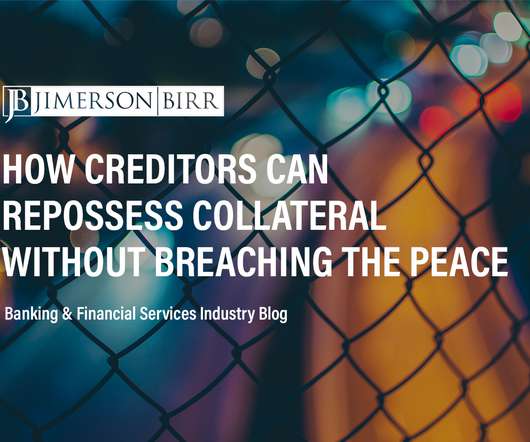
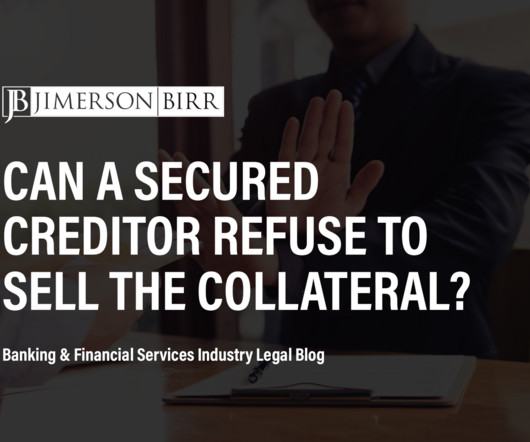
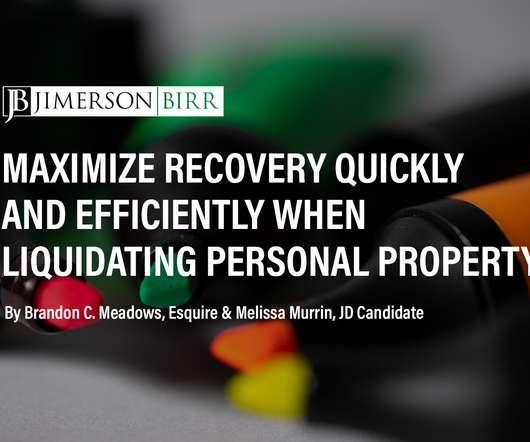
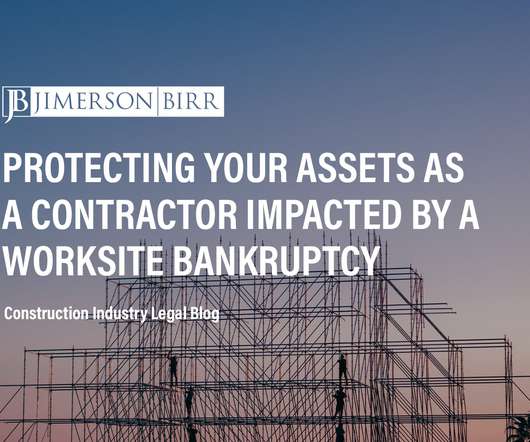
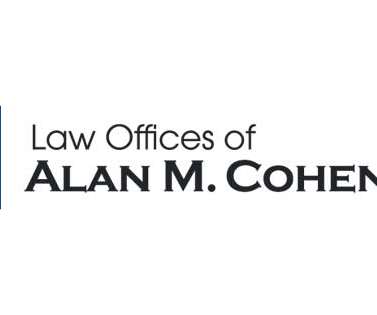












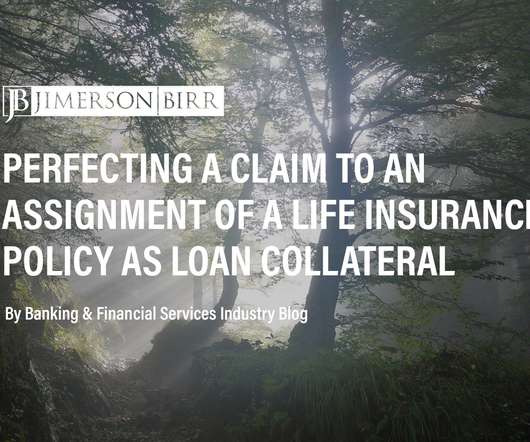






Let's personalize your content